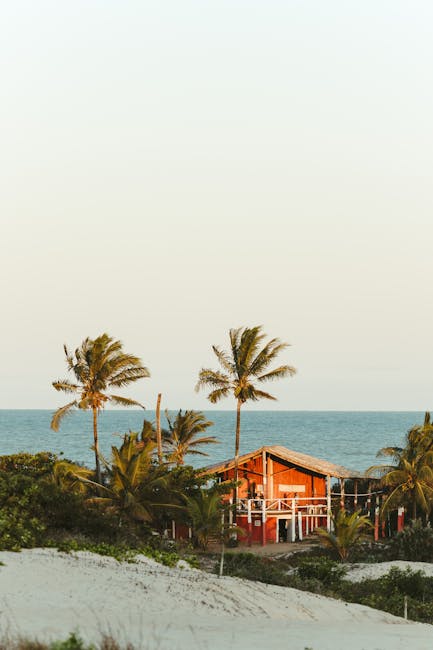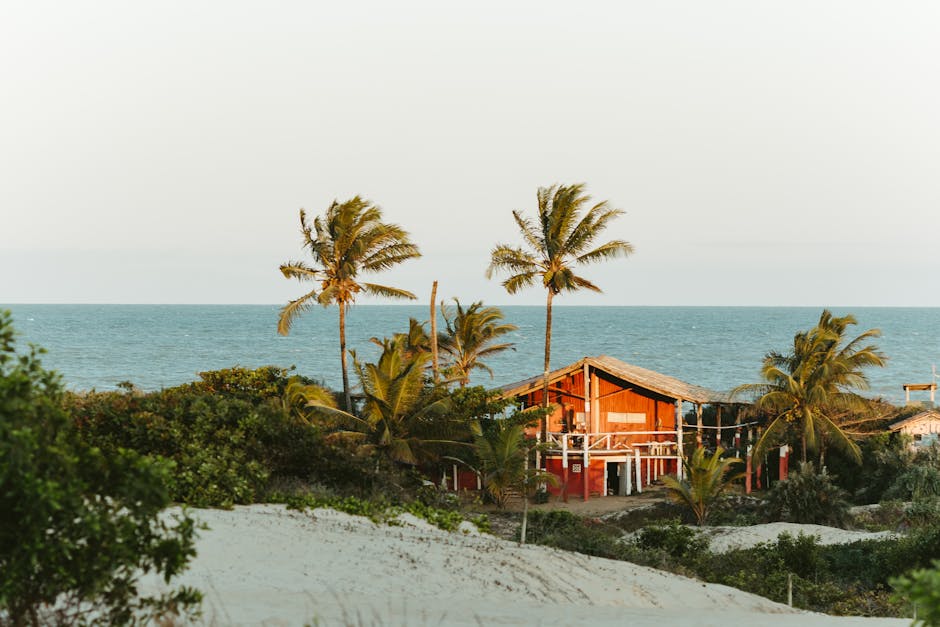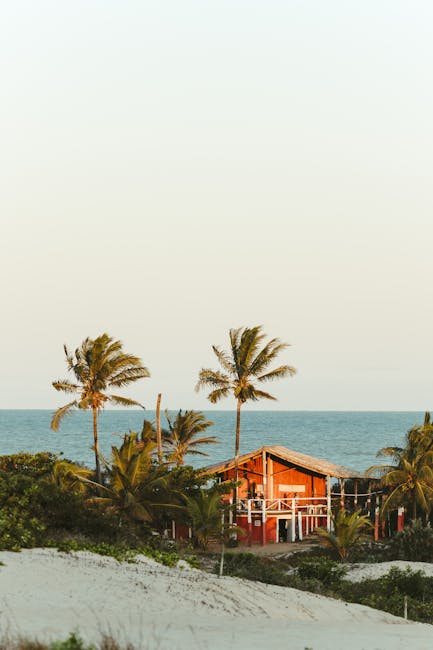El Boricua Es Otra Cosa: Exploring the Unique Identity and Culture of Puerto Ricans
El Boricua Es Otra Cosa: Unpacking the Phrase
The phrase “El Boricua es otra cosa” (The Puerto Rican is something else) is more than just a catchy slogan; it’s a testament to the rich, complex, and unique cultural identity of Puerto Ricans. It encapsulates a spirit of resilience, creativity, and a distinct blend of influences that sets them apart. This phrase speaks to a deep-seated pride and a sense of belonging that transcends geographical boundaries. This article delves into the various facets of Puerto Rican culture that contribute to this distinct identity, exploring its historical roots, musical expressions, culinary traditions, and the enduring spirit of its people.
A Historical Tapestry: Forging a Unique Identity
Understanding “El Boricua es otra cosa” requires a journey through Puerto Rico’s history. For centuries, the island has been a melting pot of cultures, experiencing the influence of Taíno indigenous peoples, Spanish colonizers, and African slaves. This complex interplay of cultures has resulted in a unique blend of traditions, languages, and values that define the Puerto Rican identity. The legacy of the Taíno people, though often overshadowed, continues to resonate in the island’s landscape, its language, and its spiritual beliefs. The Spanish colonial period left an indelible mark on the island’s architecture, legal system, and religious practices. The arrival of African slaves brought with it a vibrant musical tradition and a resilient spirit that would shape the island’s culture profoundly.
The transition from Spanish colony to U.S. territory in 1898 brought about further societal shifts. This period saw the introduction of new economic systems, political structures, and social norms. The struggle for self-determination and the ongoing debate about Puerto Rico’s political status have significantly shaped the national consciousness and continue to fuel discussions about identity and belonging.
The Resilience of El Boricua
Throughout its history, Puerto Rico has faced numerous challenges, from hurricanes and economic hardship to political uncertainty. Yet, the Puerto Rican people have consistently demonstrated remarkable resilience and an unwavering sense of community. This resilience, often expressed through music, art, and activism, is a crucial element of what makes “El Boricua es otra cosa.” The ability to bounce back from adversity, to adapt and innovate, is a core characteristic woven into the fabric of Puerto Rican identity.
Musical Expressions: The Rhythm of El Boricua
Music plays a central role in Puerto Rican culture, serving as a powerful means of expression, storytelling, and social commentary. From the rhythmic pulse of salsa to the soulful melodies of plena and the passionate beats of reggaeton, Puerto Rican music is a vibrant reflection of the island’s diverse influences and cultural experiences. Salsa, for instance, a globally recognized genre, originated in Puerto Rico and has become a symbol of the island’s cultural dynamism. Its infectious rhythms and energetic dance moves are a testament to the joy and passion that define the Puerto Rican spirit.
Plena, a genre that emerged from the working-class communities of Puerto Rico, is known for its socially conscious lyrics and its ability to tell stories of everyday life. Reggaeton, a more contemporary genre, has gained international recognition for its infectious beats and provocative lyrics, showcasing the evolution and adaptation of Puerto Rican musical traditions.

The Power of Music as a Cultural Unifier
Music transcends linguistic and socioeconomic barriers, uniting Puerto Ricans across the island and the diaspora. Whether it’s dancing to salsa in a bustling plaza or listening to plena on the radio, music serves as a constant reminder of shared heritage and cultural identity. It is a potent force in preserving and transmitting cultural values across generations.
Culinary Delights: A Taste of El Boricua
Puerto Rican cuisine is another testament to the island’s unique cultural heritage. It’s a delicious fusion of Taíno, Spanish, African, and American influences, reflecting the island’s historical journey. Dishes like mofongo (fried plantains mashed with garlic and pork cracklings), arroz con gandules (rice with pigeon peas), and lechón asado (roasted pig) are culinary icons, representing the heart and soul of Puerto Rican gastronomy.

Beyond the iconic dishes, Puerto Rican cuisine showcases the island’s abundance of fresh ingredients, its creativity in transforming simple ingredients into extraordinary dishes, and its appreciation for shared meals and communal dining. Food is not merely sustenance; it is a social experience that brings families and communities together, reinforcing social bonds and cultural continuity.
Food as a Cultural Ambassador
Puerto Rican cuisine has increasingly become a global ambassador for the island’s culture. Restaurants specializing in Puerto Rican food are popping up worldwide, introducing people to the rich flavors and traditions of the island. This culinary diplomacy helps build understanding and appreciation for Puerto Rican culture beyond the island’s shores.
The Diaspora and the Enduring Spirit of El Boricua
The Puerto Rican diaspora is a significant factor in shaping and perpetuating the island’s cultural identity. Millions of Puerto Ricans live in the United States and other countries, carrying their culture, traditions, and language with them. These communities have played a vital role in preserving and promoting Puerto Rican culture, making it accessible to a wider audience and ensuring its continued vitality.
The diaspora also presents unique challenges, including the preservation of the Spanish language and the struggle to maintain cultural traditions in new environments. Yet, the enduring spirit of “El Boricua es otra cosa” manifests itself in the resilience and creativity of these communities, as they adapt and thrive while maintaining a strong connection to their roots.
Maintaining Cultural Identity Across Borders
The challenge of maintaining cultural identity while adapting to new environments is a common one for many diaspora communities. Puerto Ricans have creatively adapted to this challenge, establishing cultural centers, organizations, and festivals that keep their traditions alive. They also use social media and other digital platforms to connect with fellow Puerto Ricans across the globe, fostering a sense of community and shared identity.

Conclusion: The Enduring Legacy of El Boricua
“El Boricua es otra cosa” is not merely a phrase; it’s a statement of cultural pride, resilience, and a unique identity forged through a complex history. It’s a celebration of the island’s rich musical traditions, its delicious cuisine, and the enduring spirit of its people. The phrase encapsulates the dynamism of Puerto Rican culture, its ability to adapt and evolve while maintaining its core values. As Puerto Ricans continue to navigate the challenges and opportunities of the 21st century, the spirit of “El Boricua es otra cosa” will continue to inspire and unite them, both on the island and throughout the diaspora.




